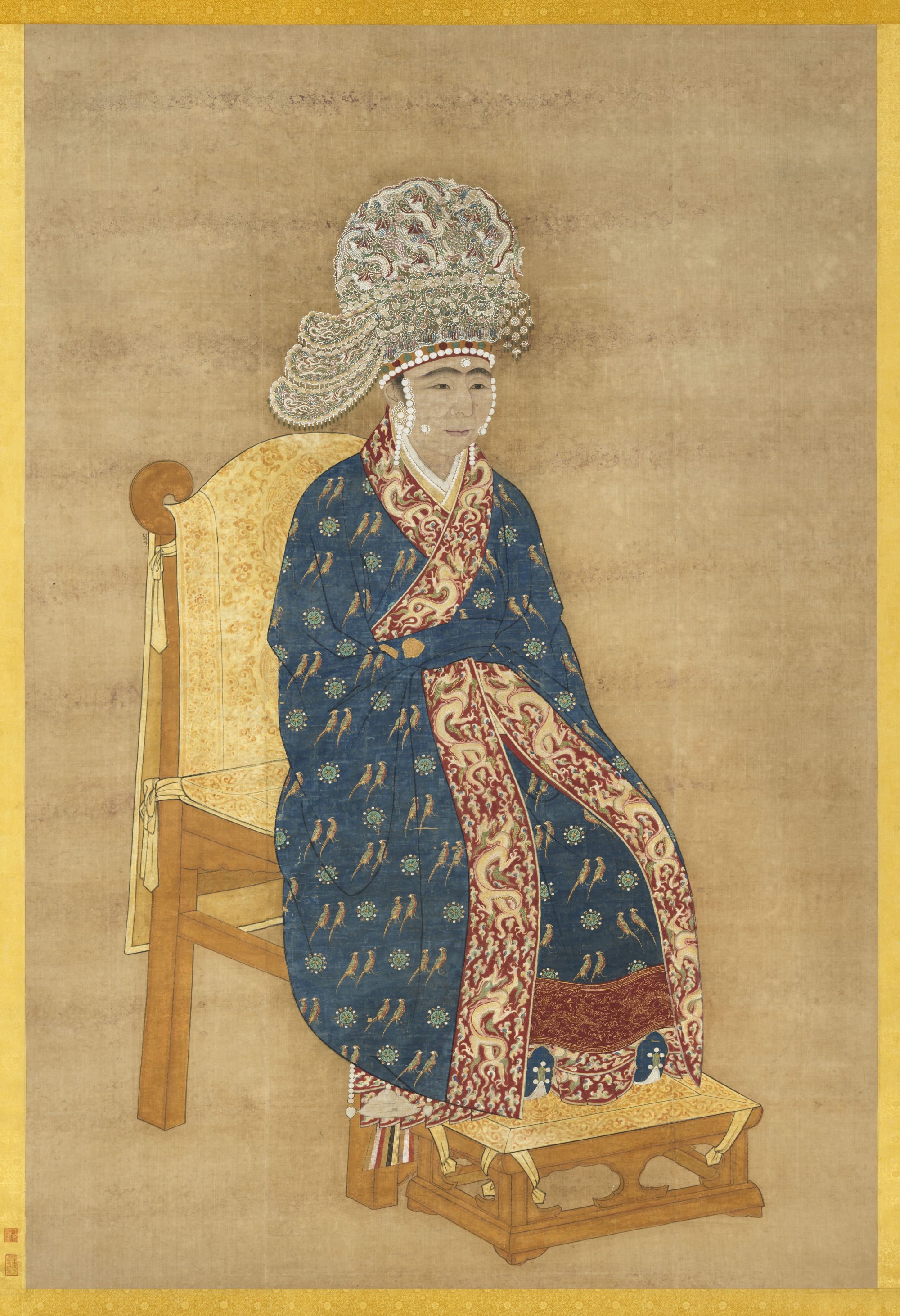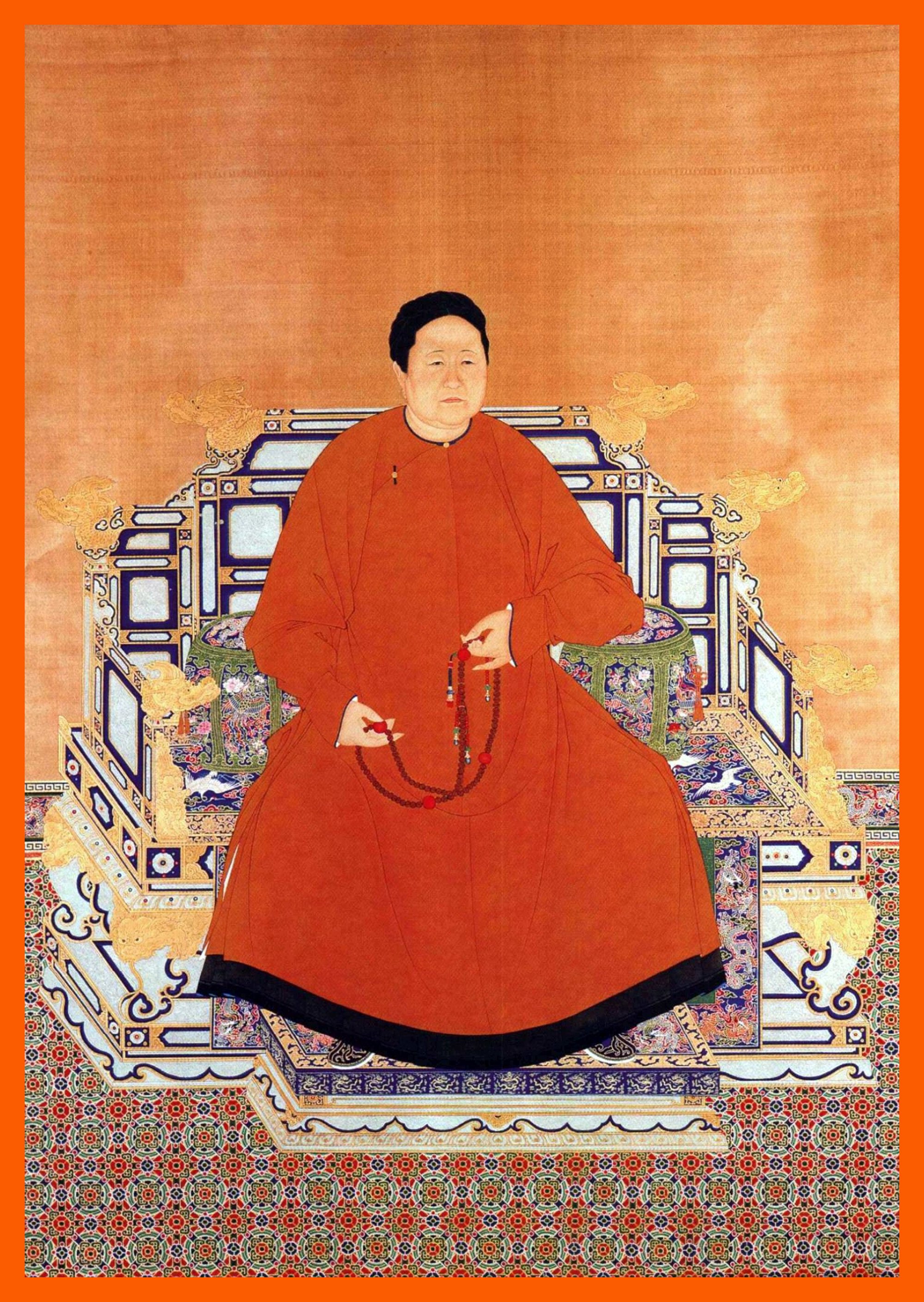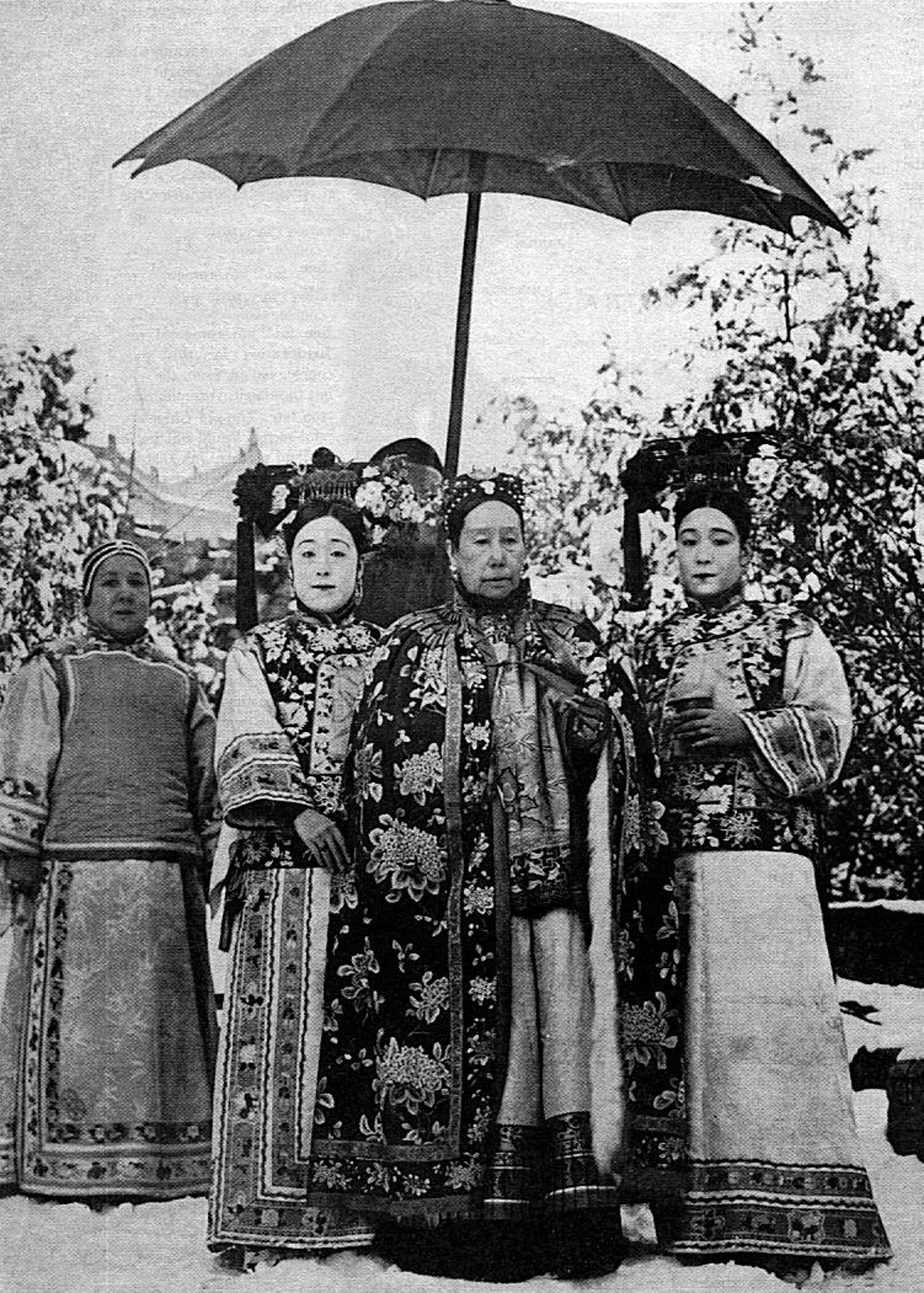
The wise, frugal grandmothers who ruled China before the disastrous Dowager Empress Cixi
- Tear-jerker Thai film about a dying grandmother makes columnist think of his own, and of China’s wise, frugal grand empress dowagers
A TikTok trend has film-goers filming their reactions before, during and after watching the movie How to Make Millions Before Grandma Dies (Pat Boonnitipat, 2024), a Thai tear-jerker about the relationship between a young man and his dying grandmother.
Much as I fought against having my emotions so shamelessly manipulated, I succumbed to a tear or two, despite not having much luck with my own grandmothers.
My paternal grandmother is virtually a stranger to me. Widowed in her twenties, she was a schoolteacher until she died in her early fifties, before I turned two. She gave me my name, a legacy of hers that I’ll never change or add to.
Things are more complicated on my mother’s side of the family. My maternal grandfather had four wives. His principal wife died before I was born, I never saw the third one, and I’ve met the fourth one twice. My biological grandmother was the second wife.
I never liked her. She was a mercenary, hard-as-nails woman whose affections were doled out according to the amount of money she could get from her children, and later on her grandchildren, in exchange.
As I get older, I’m beginning to understand that her grasping nature, manifested as favouritism, might have been informed by her own poverty-stricken past, but try telling that to a child whose cousins with wealthier parents received gifts of expensive toys and fancy sweets, whereas all he got was a keychain picked up at some airport.
She was such a non-person to me that when she died, it didn’t occur to me that I should fly back for her funeral. And I didn’t.

In imperial China, a grand empress dowager was the nominal grandmother of the reigning emperor – nominal because sometimes she was not his actual grandmother.
But since she was the surviving empress of a dead emperor two generations up in the family tree, the sitting sovereign was obliged to address and treat her like his grandmother, even when she might not be related to him by blood.
Grand Empress Dowager Gao (1032–1093) of the Northern Song dynasty was the actual grandmother of Emperor Zhezong, who was only nine when he ascended the throne in 1085.
Gao, who had been politically influential since she was widowed in 1067, ruled in her grandson’s name. She was an arch-conservative who opposed and reversed the reforms implemented during her late son’s reign.
Be that as it may, Gao had an aptitude for state administration. She ran a tight ship, and expected the strictest discipline from everyone, including herself. The period of her rule was marked by clean, efficient government – not the most common phenomenon in imperial China.

Another famous grand empress dowager was the grandmother of the Qing dynasty’s Kangxi Emperor. Born into Mongol nobility, Borjigin Bumbutai (1613–1688) was known in history as the Xiaozhuang Wen Empress.
During the reign of her son, the Shunzhi Emperor, Xiaozhuang Wen and her brother-in-law Dorgon (possibly her second husband, for levirate marriages were not uncommon among the Manchu people then) further strengthened the Manchu state in their roles as regents, eventually paving the way for the Manchu conquest of China and the founding of the Qing dynasty in 1644.
When Shunzhi died and Kangxi succeeded his father in 1661 as an eight-year-old child, Xiaozhuang Wen, as grand empress dowager, mentored her grandson in statecraft and helped him remove potential threats to his position. There seemed to be genuine affection between grandmother and grandson, even after her death.

Despite her position, Xiaozhuang Wen was frugal and disliked any form of ostentation. She was a politically astute and highly intelligent woman, but she never craved power for its own sake.
Historians often compare her to Empress Dowager Cixi (1835–1908), who was unlike her in almost every way, and who almost single-handedly brought down the 268-year Qing dynasty with her misrule.

